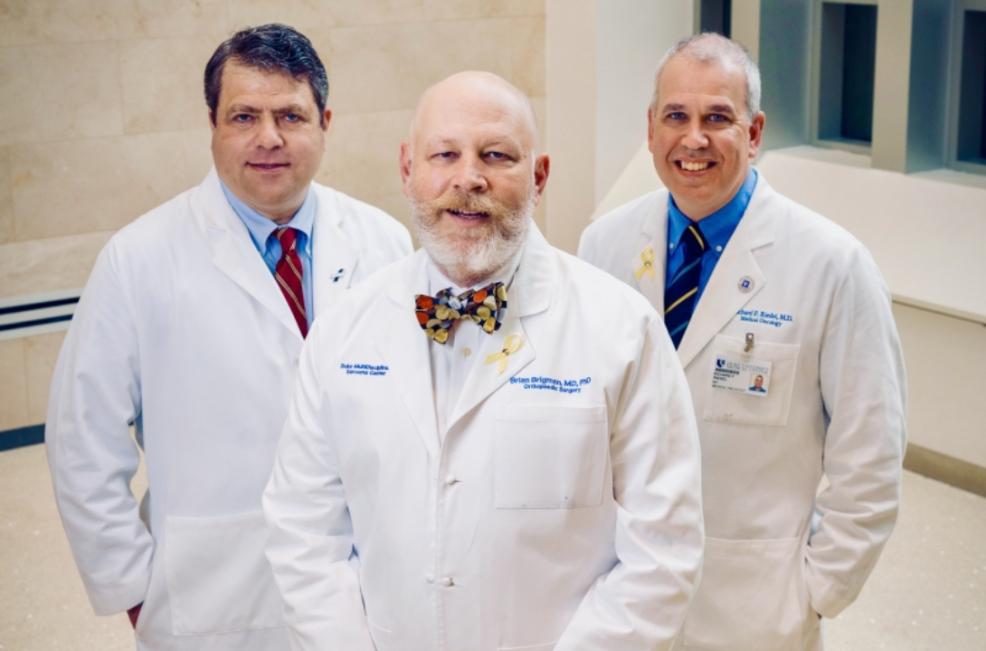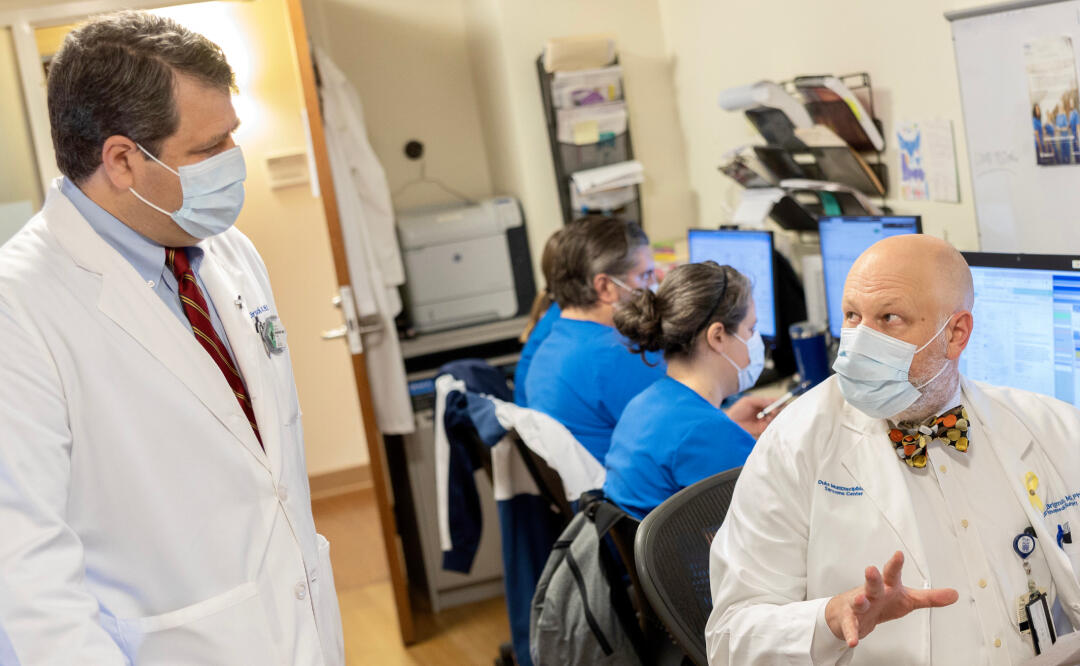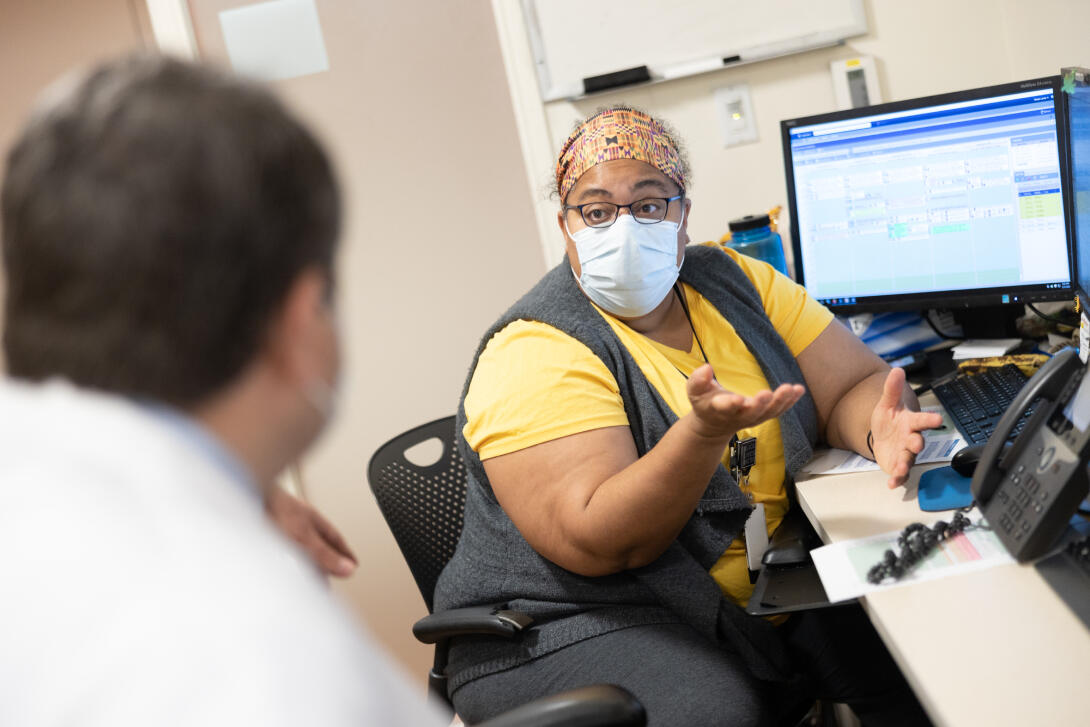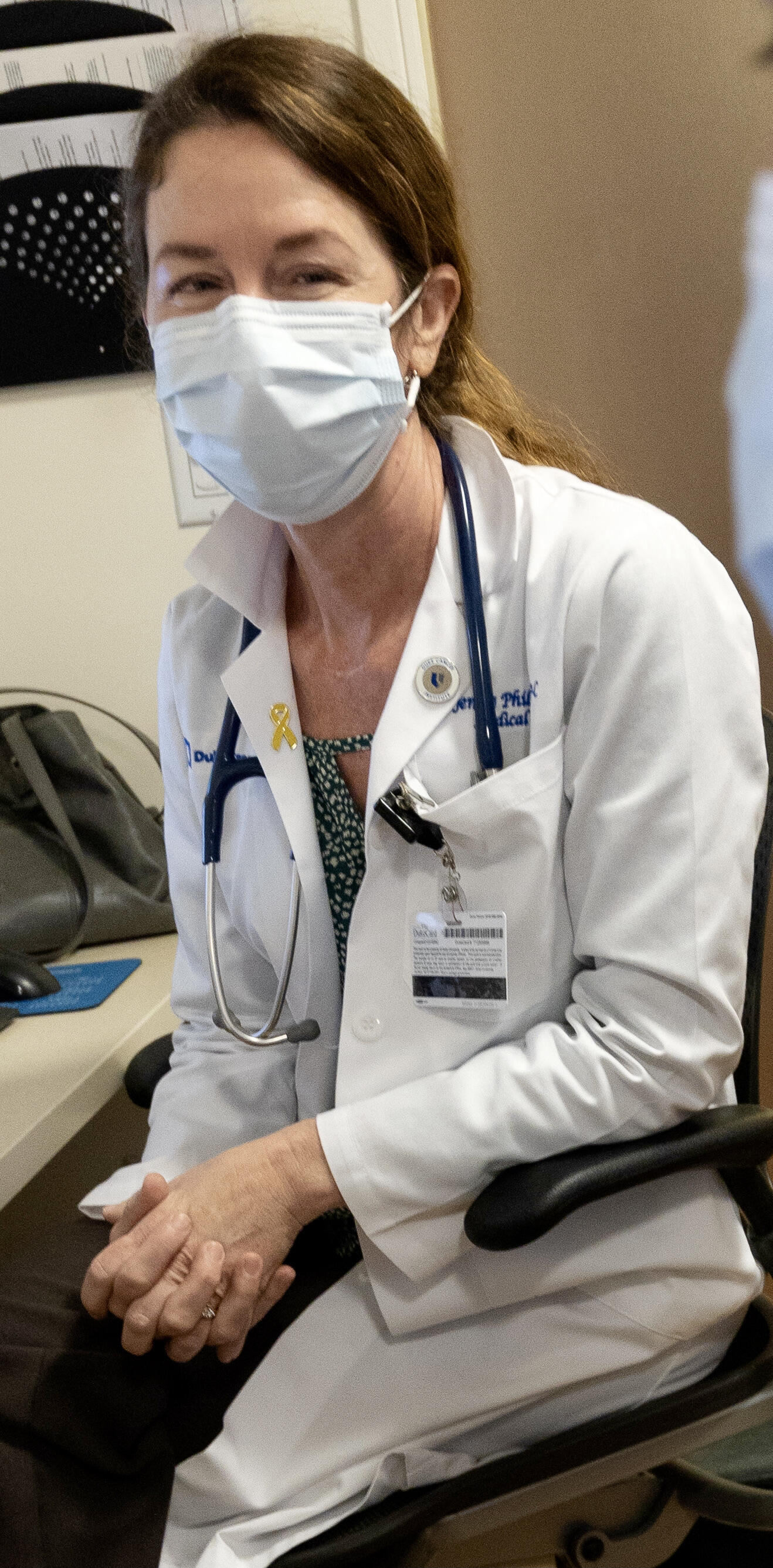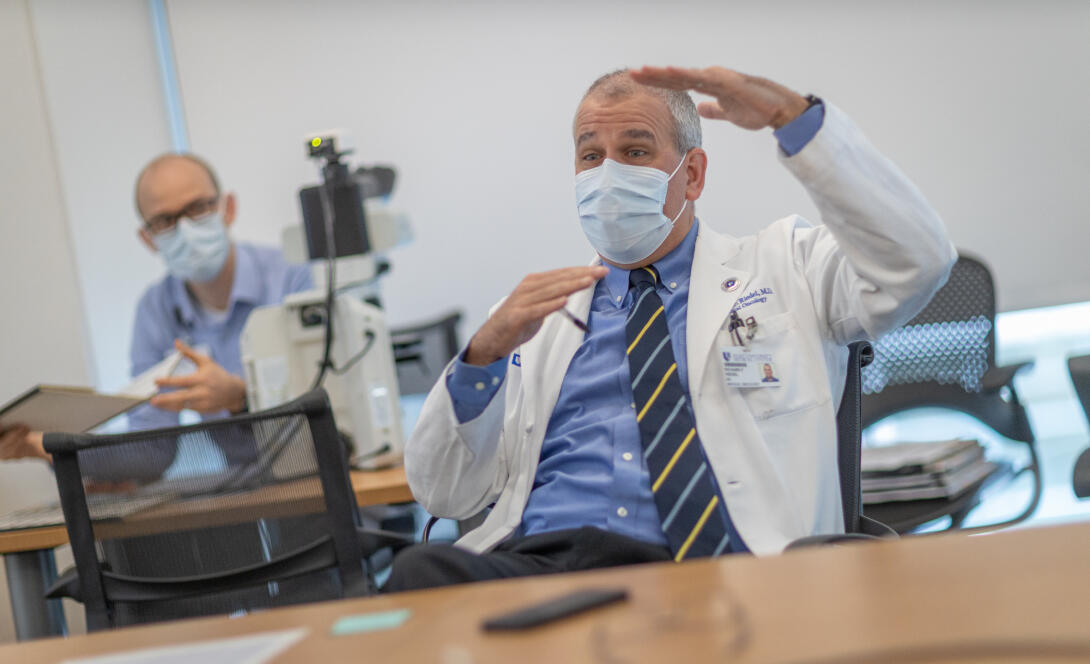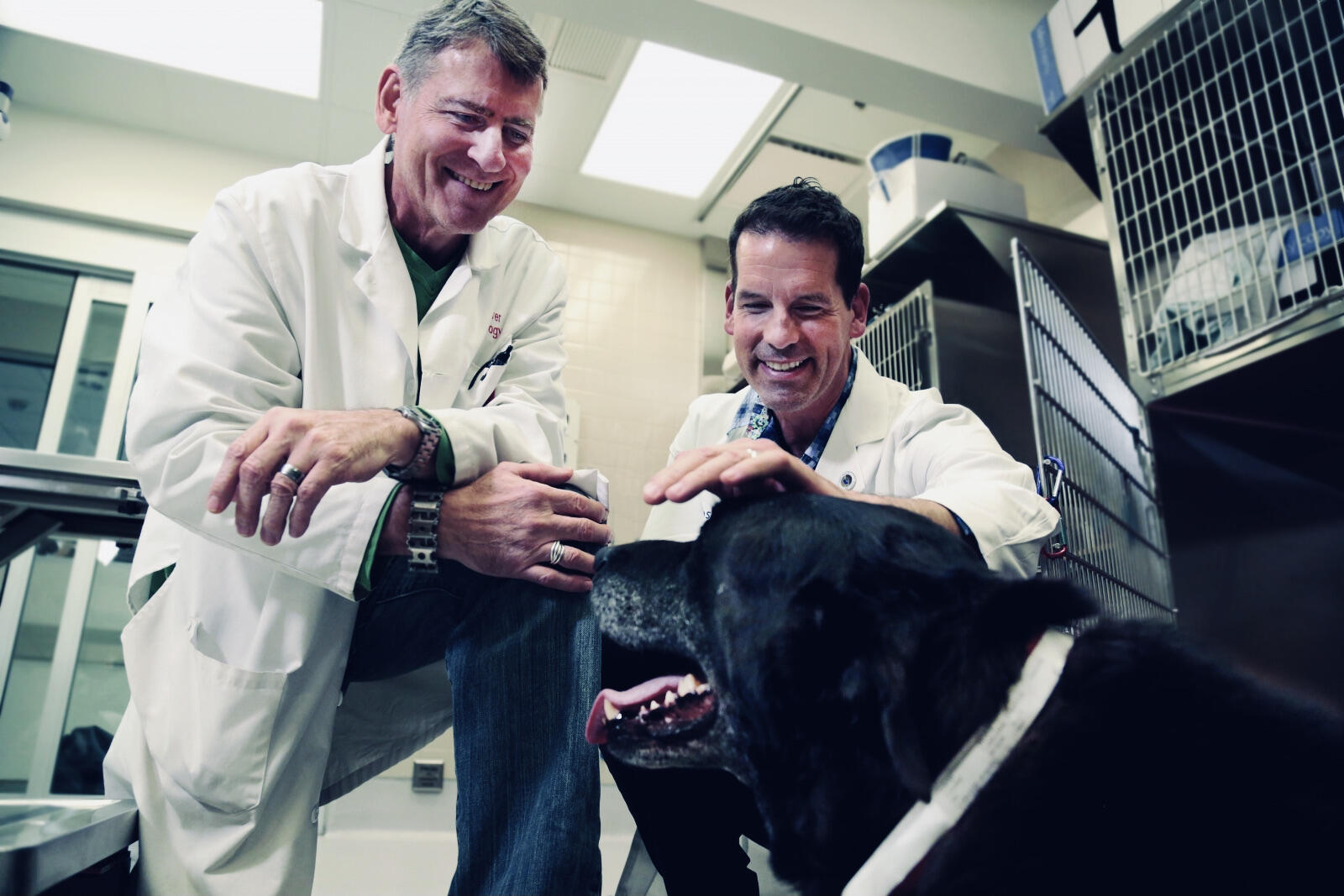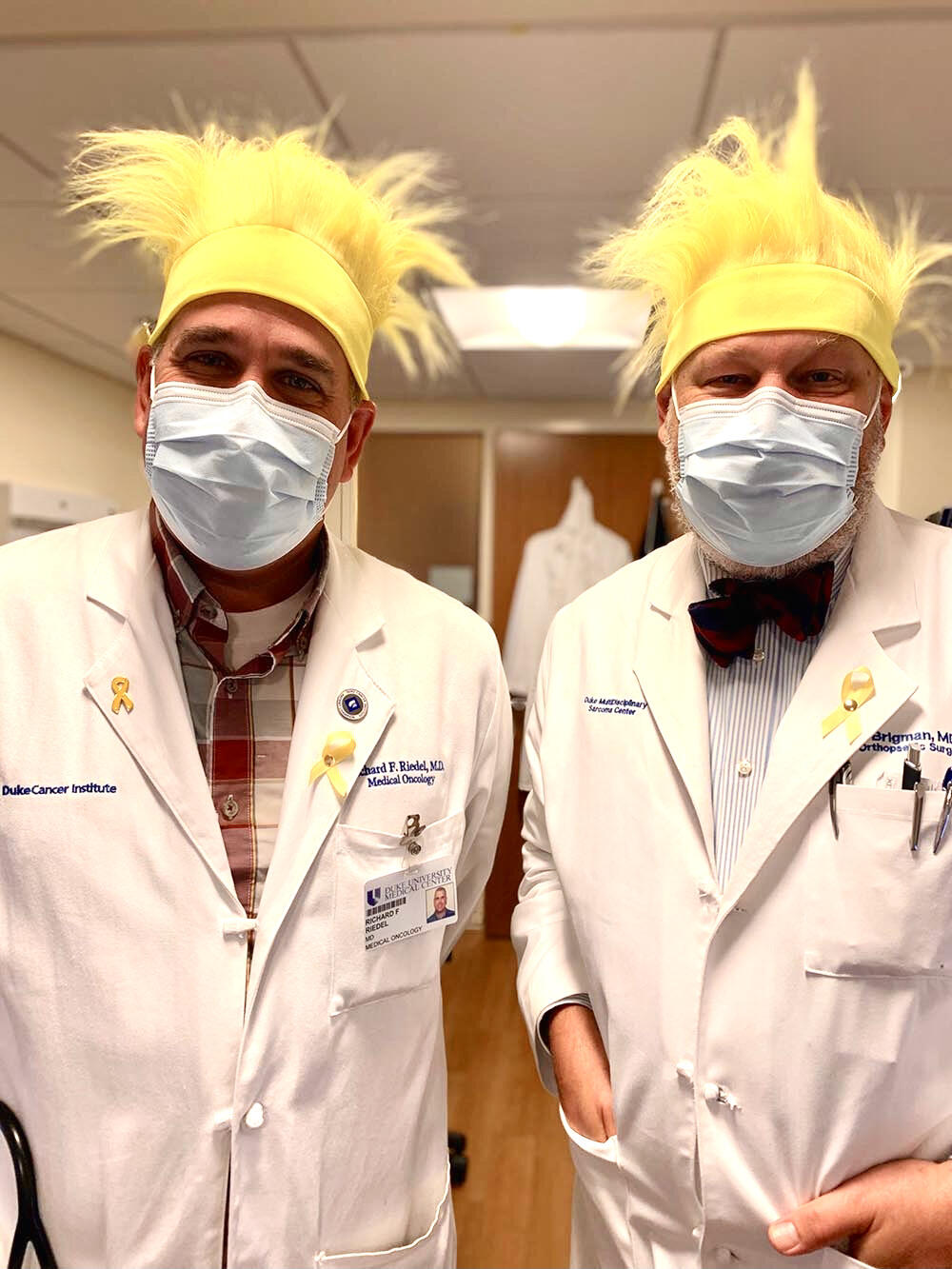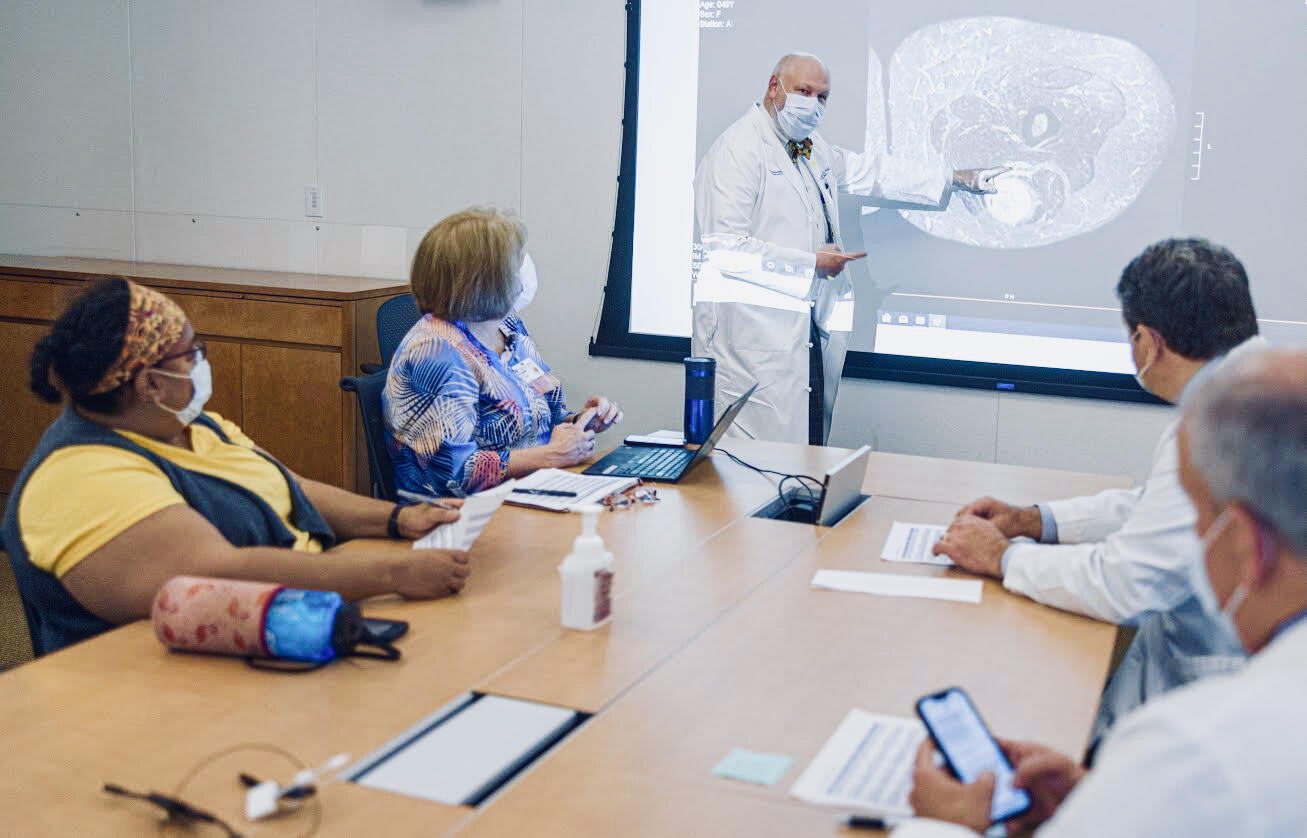
The Duke Cancer Institute is excited to announce the establishment of the Duke Sarcoma Center, a center of excellence for sarcoma treatment and research.
Spearheaded by orthopedic surgical oncologist and professor of Orthopedic Surgery and Pediatrics, Brian E. Brigman, MD, PhD, the Center is the natural outgrowth of DCI’s Sarcoma Disease Group — a program recognized for innovative personalized treatment grounded in state-of-the-art clinical and basic-science research and committed to training the next generation of sarcoma clinicians and scientists.
“Care for sarcoma patients has gone on for decades at Duke, but over the last 15 years or so, our specialized team has really grown into a national leader in this area. The Duke Sarcoma Center is a recognition of this accomplishment and a new beginning of even better care, research, and training at Duke,” says Brigman.

